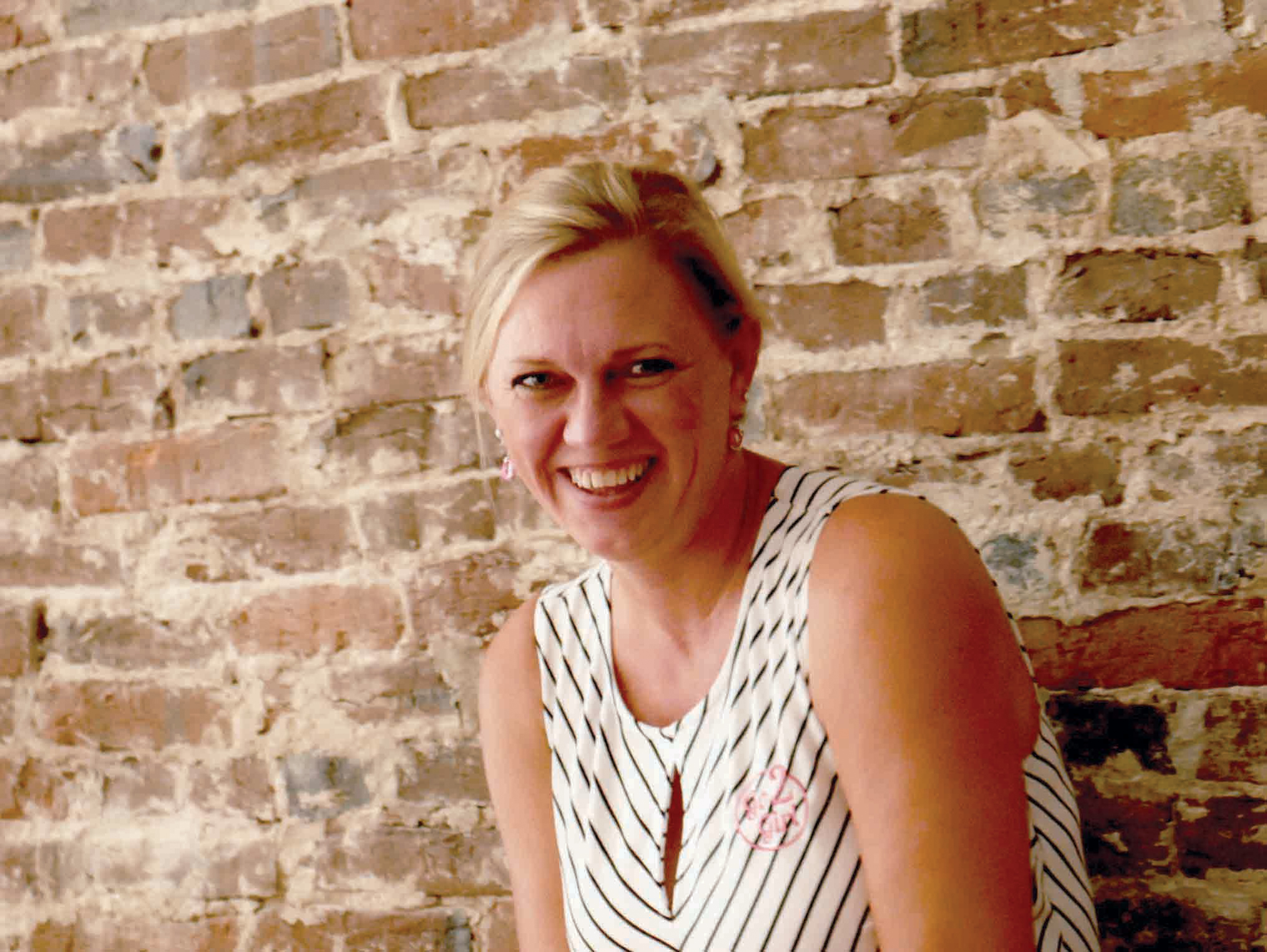 After years of being introduced as the “go-to girl” in her field at networking events and tradeshows, Vanessa Pennoyer decided to own the moniker when she started her own company in 2017.
After years of being introduced as the “go-to girl” in her field at networking events and tradeshows, Vanessa Pennoyer decided to own the moniker when she started her own company in 2017.
She created Go 2 Girl, a business development firm focused on helping businesses owned by women, minorities, members of the LGBTQ community and veterans maximize their diversity certifications and get plugged into supplier diversity programs and business-to-business (B2B) opportunities. Its mission is to “influence relationships to inspire change,” Pennoyer said.
Go 2 Girl works with clients to learn about how various certifications can benefit their businesses and helps them collect and review the necessary paperwork to submit applications to multiple platforms for certification, including federal, state, local and third-party programs.
Pennoyer’s experience and connections are crucial to helping businesses wade through the complicated certification process, her clients say.
“Two years ago, I started the filing process for women-owned certification. It went on with more paper requests and eventually got pushed to the back burner,” said Jane Pfeiffer, founder and president of Fieldtrip, a Louisville marketing and advertising firm. “With her knowledge and connections, Vanessa made certification turnkey for me and my finance team.”
Pennoyer shared more of her company’s story in this month’s Small Business Snapshot.
The Lane Report: When and how did your business begin?
Vanessa Pennoyer: The business was started in 2017 out of necessity after losing my corporate job, which happened to be with one of the largest women-owned, minority-owned businesses in Kentucky. As a business-development executive, I constantly traveled and attended women and minority conferences learning about supplier diversity initiatives and the need to be certified. I also served on the board for the Kentucky chapter of National Association of Women Owned Businesses (NAWBO) and would tell their members the importance of certification. When my corporate job was eliminated, many members reached out to me asking for guidance to leverage certification. At first, I wanted to help businesses that were already certified, but quickly realized that there are very few resources to actually help business owners navigate the certification process within so many different platforms for state, local, federal and national third-party entities.
I actually saved the name Go 2 Girl back in 2013 as a school project while completing my MBA. I had forgotten about it and received a renewal notification in November 2017 and decided the universe was aligning this opportunity.
I didn’t start the business to do paperwork, but with a 99% awarded rate for certification, I just happen to be really good at details and compliance.
TLR: What services/products do you provide?
VP: Certification, business development and corporate supplier diversity programs. All services are focused on adding value to disadvantaged business owners (identified as women, minorities, veterans and LGBTQ) and value to companies that want to establish or refresh their supplier diversity program.
TLR: How many employees do you have?
VP: Only me at the moment. Prior to COVID-19, I had three contractors on my team.
TLR: What has been your biggest challenge as a company and how did you overcome it?
VP: I’d say the biggest challenge in 2017 was being too trusting and guilty of not knowing Business 101. I took everything personally and my vulnerability was abused by women I trusted. I learned many things the hard way, like the need to have a contract in place for everything and to always ask for and check references.
COVID-19 has been the biggest challenge because my services were nonessential to the clients I had. Requests for proposals, bids and business opportunities/solicitations were on hold for more than a year, with the exception of construction and any business with access to masks/hand sanitizer.
TLR: In what other ways has COVID-19 affected your business? How have you responded to the challenges?
VP: When the economy began to shut down, no one could have imagined the length of time that would pass so slowly waiting for unknowns. During that time, my business went from zero debt and a six-figure income to credit card debt and a weekend job to keep things afloat. I did receive a small Paycheck Protection Program loan that has been forgiven but I didn’t qualify for many of the Small Business Administration programs because of not having employees and the type of services I provide. Small projects keep me busy and I love the clients I’ve worked with to make an impact on their business.



















